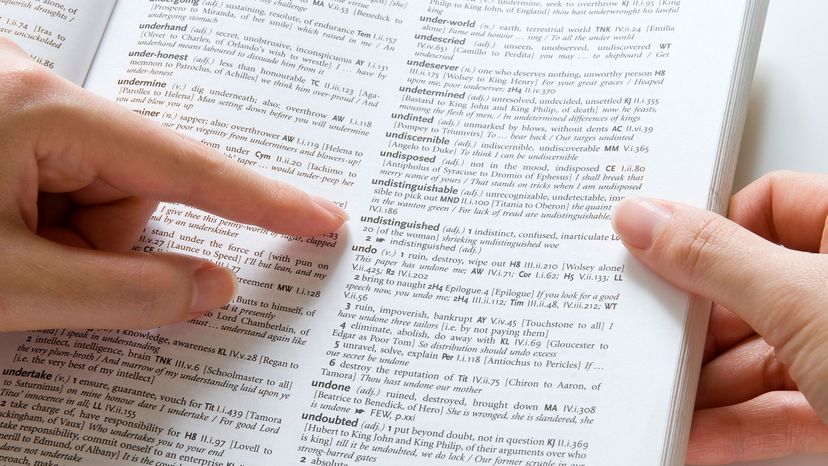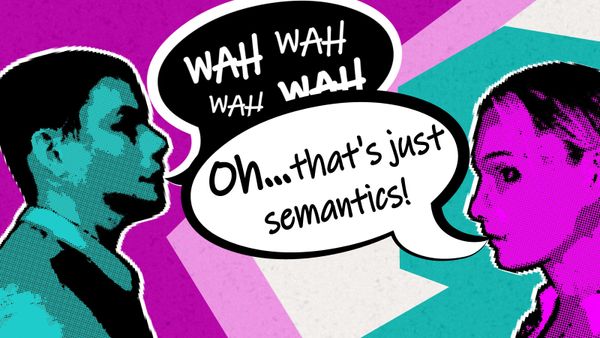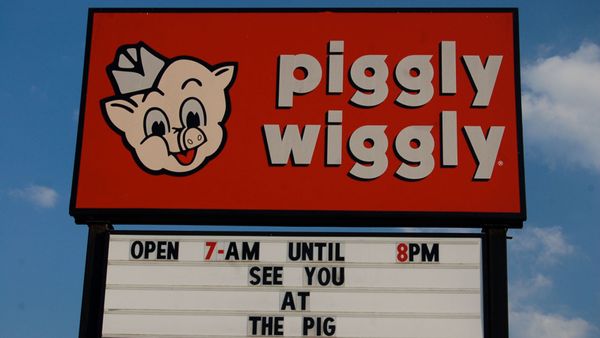Not only do we invent new words thanks to morphemes, but we also change the meanings of words over time. This is called "semantic drift," and it has led to some of these lonely negatives not having positives.
"The negative or positive might have drifted away from its original usage," Lederer says. "The negative could have drifted in a particular context and so it's no longer directly oppositional to the positive."
This is the case for a word like "disheveled," which means "being in loose disorder or disarray," according to Merriam-Webster. It too comes to English from French, where the negative prefix "dis-" was added to chevoil, which meant "hair." For a long time, it did refer just to the state of one's hair or hat. In 1405, Geoffrey Chaucer wrote, "Dischevelee, save his cappe, he rood al bare." ("With hair unbound, save for his cap, he rode all bare-headed.")
Having unbound hair and only a cap rather than a proper hat was very casual in Chaucer's day, the equivalent of wearing your jammies on an airplane. In the 600 years since he wrote "The Canterbury Tales," the word has drifted away from its original English meaning to refer to a person's whole state, not just their head. Messy clothes, makeup, hair – any of it adds up to being disheveled today. There's no "cheveled" or "heveled" because that would only mean having hair. English didn't need that word like it apparently needed "disheveled."
"So many new objects and activities come into our lives as culture evolves, we have to have new words" Lederer says. "They are often based on old words using compounds, blends or derivations. Without them, we'd be talking like Shakespeare."



